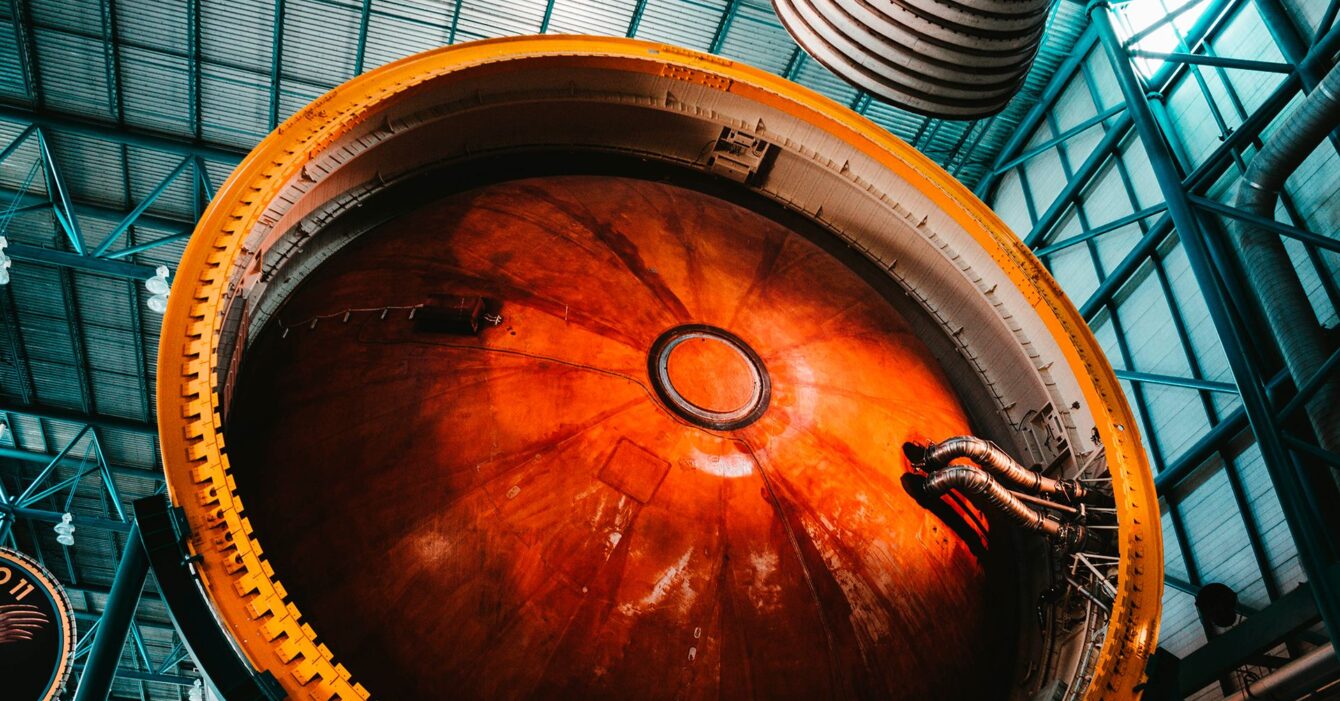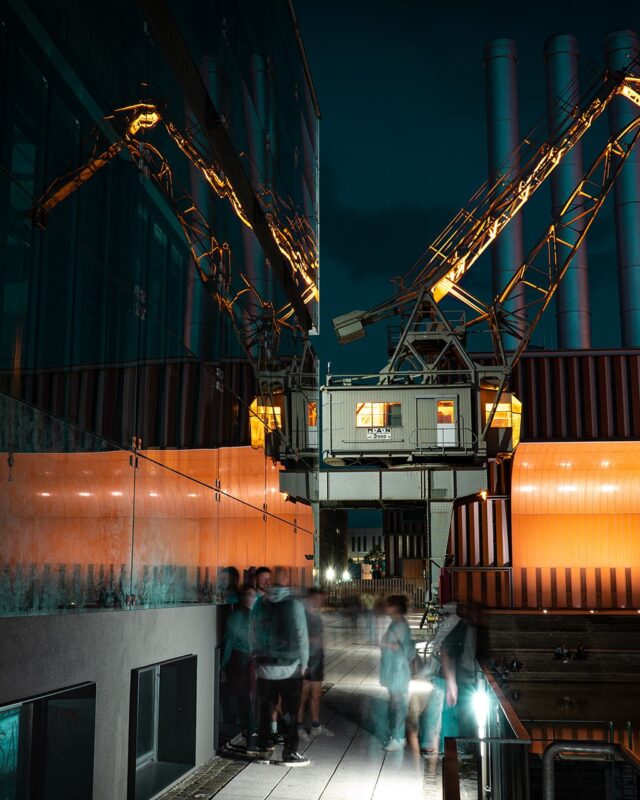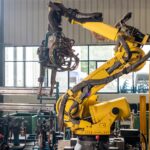In CNC machining, the choice of materials plays a vital role in determining the success of a project. From intricate prototypes to durable end-use parts, the materials used in CNC machining can significantly influence the final product’s performance and functionality. Let’s look into the importance of material selection in CNC machining and why it matters.
Understanding the Basics
CNC machining is a manufacturing process that uses computerized controls to manipulate tools and machinery for shaping various materials. The success of CNC machining relies heavily on the properties of the chosen material. Different materials exhibit distinct characteristics, such as strength, durability, and machinability, which directly impact the machining process and the final product’s quality.
Machinability Matters
One of the key considerations in material selection for CNC machining is machinability – the ease with which a material can be machined. Some materials, like aluminum and brass, are known for their excellent machinability. They can be cut, shaped, and milled with precision, resulting in smooth surfaces and intricate details. On the other hand, harder materials like titanium or hardened steels may pose challenges during machining, demanding specialized tools and longer processing times.
Strength and Durability
The intended application of the CNC-machined part dictates the required strength and durability of the material. For structural components or parts subjected to heavy loads, materials with high tensile strength, such as stainless steel or certain alloys, are preferred. Conversely, for applications where weight is a critical factor, lightweight materials like plastics or aluminum may be more suitable. Balancing strength and weight is crucial in achieving optimal performance for the final product.
Methodical evaluation of material properties not only refines the precision of CNC machining but also serves as a pivotal determinant, shaping the structural integrity and service life of the final product.
Temperature Resistance
In certain applications, especially those involving extreme temperatures, the choice of material becomes even more critical. Some materials excel in high-temperature environments, retaining their structural integrity and mechanical properties. Others may deform or lose strength when exposed to elevated temperatures. It’s essential to select materials that can withstand the intended operating conditions, ensuring the longevity and reliability of the CNC-machined components.
Corrosion Resistance
For parts exposed to harsh environmental conditions or corrosive substances, choosing materials with excellent corrosion resistance is imperative. Stainless steel, for instance, is renowned for its resistance to rust and corrosion, making it an ideal choice for components in marine or outdoor applications. Understanding the environmental factors the final product will face allows for the selection of materials that can withstand the test of time.
Cost Considerations
While performance characteristics are crucial, cost considerations also play a significant role in material selection. Some materials may offer exceptional properties but come with a hefty price tag. Balancing performance requirements with budget constraints is essential to ensure that the chosen material aligns with both the technical and financial aspects of the project.
Conclusion
The materials chosen for CNC machining have a profound impact on the quality, functionality, and performance of the final product. Machinability, strength, durability, temperature and corrosion resistance, and cost considerations all play a crucial role in determining the most suitable material for a given application. By carefully evaluating these factors, manufacturers can optimize their CNC machining processes and produce high-quality components that meet the specific needs of their customers.








